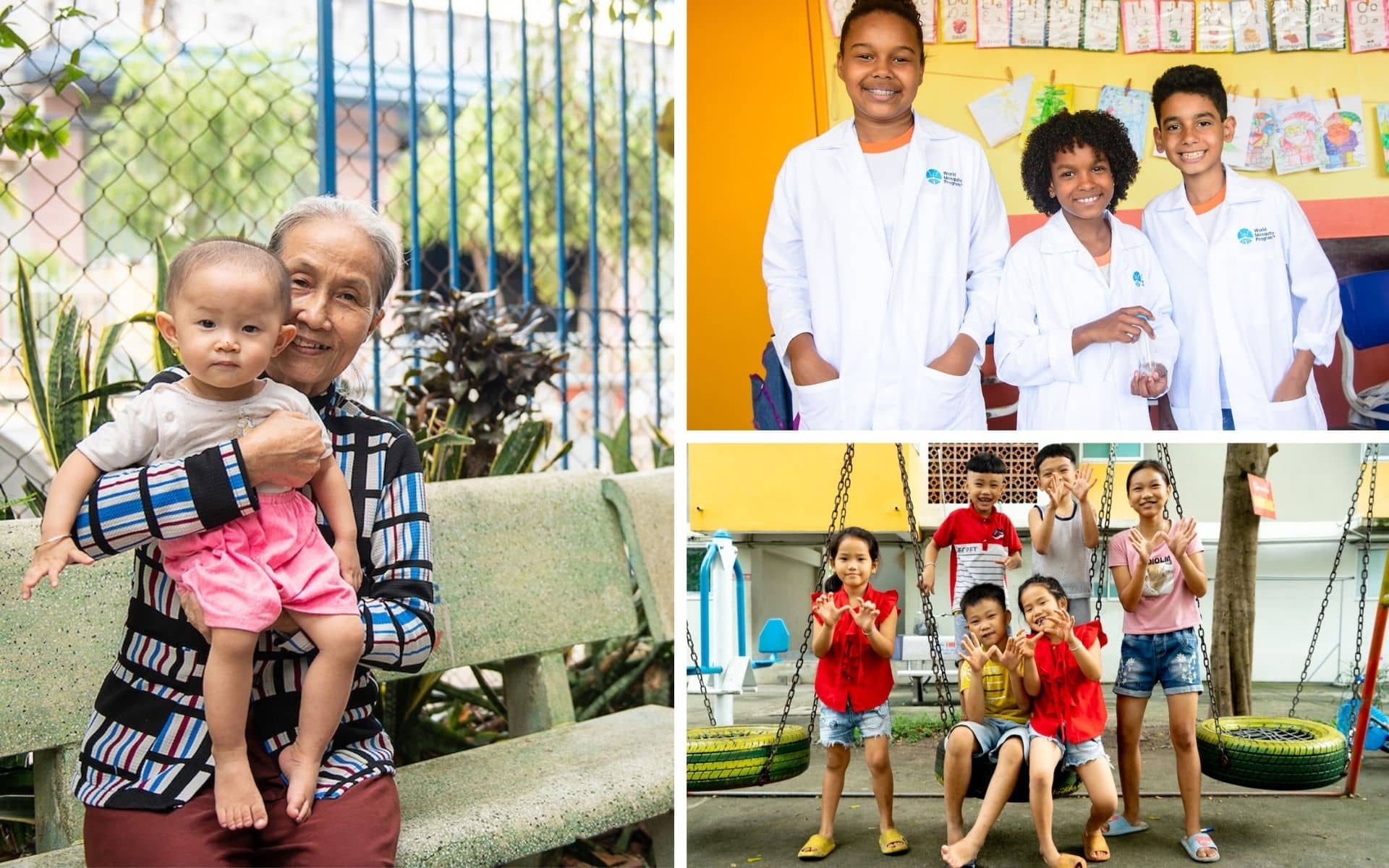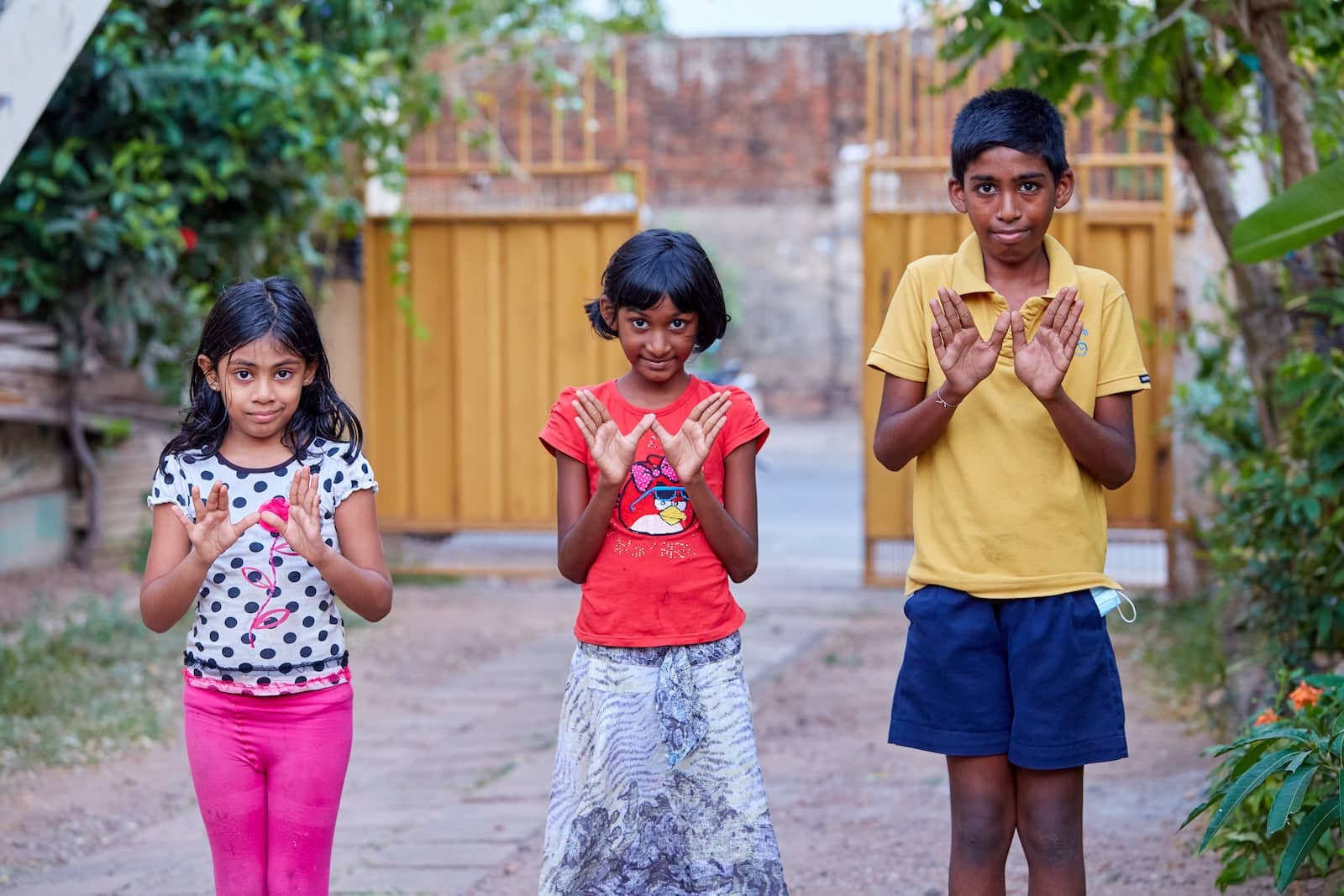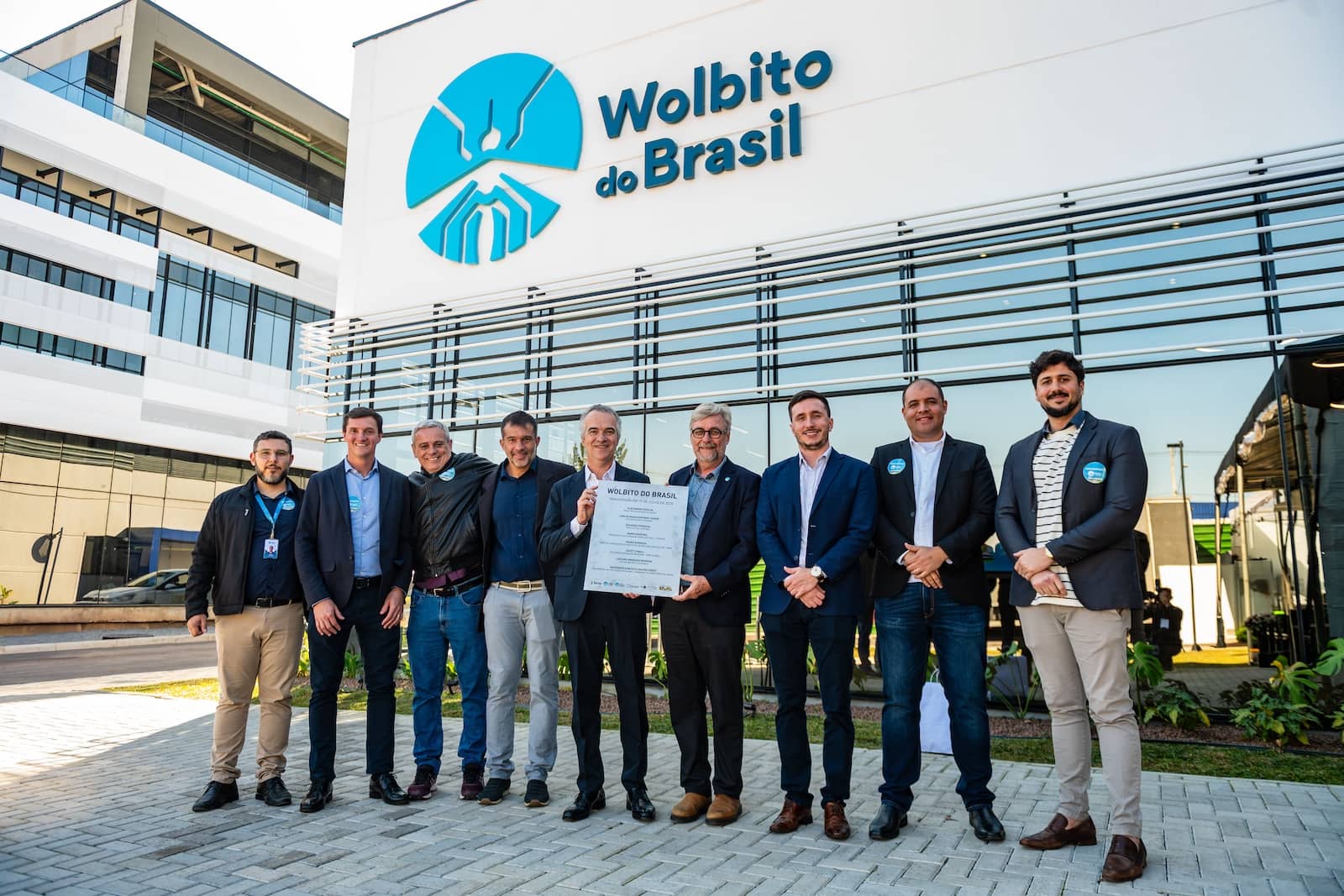World Mosquito Day 2025 - A global health crisis
Written by: Alex Jackson | Published on: 11 August 20225
On August 20, 1897, a British doctor made a groundbreaking discovery. Sir Ronald Ross found the malaria parasite in the stomach of a female Anopheles mosquito, providing the first evidence that mosquitoes transmit malaria between humans. To commemorate this moment in history, World Mosquito Day was founded.
Each year, World Mosquito Day presents us with an opportunity to raise awareness of the dangers posed by mosquito-borne diseases and the ongoing efforts to combat the world’s deadliest creature.
Want to learn more about World Mosquito Day?
Explore how our Wolbachia method is making a global impact and our new brand identity.
Global Burden
Today, more than 125 years later, mosquito-borne diseases kill more than one million people and infect up to 700 million each year – almost one in ten people. 2024 was the worst year on record for dengue. More than 14 million cases were reported worldwide, with close to 12,000 dengue-related deaths. This year, we've so far seen 3.6 million dengue cases and over 1,900 deaths reported from 94 countries and territories. The fastest spreading mosquito-borne disease in the world shows no signs of relenting, and there has been a notable surge in the Pacific in 2025, with Samoa, Fiji, Tonga and the Cook Islands all declaring outbreaks.

“Dengue fever is the world’s most prevalent disease spread by mosquitoes,” says Dr Greg Devine, WMP’s Senior Director of Field Entomology. “Cases are increasing across the Western Pacific and South East Asia. All of these countries experienced significant dengue outbreaks in 2024 and 2025, and the general trend in cases globally is relentlessly upwards.
“These increases are fuelled by climate change, increasing globalisation and immunological naïveté, where human populations are being exposed to new dengue serotypes, alongside the limited impact of existing control measures. Sustainable ways to combat dengue, such as the Wolbachia method, are desperately needed. Vaccines are still years away from being universally affordable and applicable.”

Increasing Threat
Earlier this year, Colombia witnessed a yellow fever outbreak, and in late March, the Pan American Health Organisation (PAHO) issued an epidemiological alert in response to increased cases across the Americas.
In recent weeks, the World Health Organisation (WHO) has raised an urgent call to prevent a repeat of an epidemic of chikungunya that swept the globe two decades ago, as new outbreaks linked to the Indian Ocean region spread to Europe and other continents. An estimated 5.6 billion people live in areas across 119 countries at risk from the virus.
More than 8,000 cases have now been reported in Foshan, China, prompting the US Centers for Disease Control and Prevention (CDC) to issue a travel warning to caution visitors. Hong Kong has also recently reported its first imported cases. Since the beginning of 2025, there have been approximately 240,000 chikungunya cases and 90 deaths in 16 countries, according to the European Centre for Disease Prevention and Control (ECDC).

Sustainable Solutions
As climate change, globalisation, and urbanisation accelerate the speed in which these diseases move across regions, it's more important than ever for people to be aware of the risks and take action.
This is why the World Mosquito Program exists today. Our Wolbachia method is playing a vital role in helping fight mosquito-borne diseases and protect communities across the world.
Our evidence-based, safe and one-time (non-GMO) intervention has been rolled out in 14 countries over the past decade, protecting close to 13.5 million people.
Wolbachia mosquitoes have a reduced ability to transmit viruses to people, decreasing the risk of dengue, Zika, chikungunya and yellow fever outbreaks. They do this by breeding with wild mosquitoes until, over several generations, they replace the local mosquito population.
Evidence-Based Results
Our proven evidence shows a significant reduction in mosquito-borne cases and incidence where we work. In Indonesia, following a large three-year randomised trial, the city of Yogyakarta showed a 77% reduction in dengue cases and an 86% reduction in dengue hospitalisations, where Wolbachia mosquitoes were released.
Similarly, excellent results in the Aburrá Valley in Colombia has seen more than three and a half million people protected and in Niterói, our first fully protected Brazilian city, once consistently one of Rio State's highest-ranking cities for dengue incidence, case numbers are now among the lowest.
Want to learn more about World Mosquito Day?
Explore how our Wolbachia method is making a global impact and our new brand identity.

A new milestone in Brazil
In recent weeks, we’ve reached a new milestone in the fight against mosquito-borne diseases in Brazil. Wolbito do Brasil, the world’s largest biofactory breeding Aedes aegypti mosquitoes with Wolbachia, officially launched production with releases starting at the end of this month in several cities.
It will dramatically expand access across Brazil to Wolbachia mosquitoes, a nature-based disease control method that has significantly reduced the incidence of dengue, Zika, and Chikungunya, in Rio de Janeiro and Niterói since the method was first deployed in those cities in 2014.
The major biofactory, based in Curitiba, is the result of a joint venture between the World Mosquito Program (WMP), Fiocruz, and the Institute of Molecular Biology of Paraná (IBMP).
The formal partnership builds on years of collaboration between WMP and Fiocruz, which has helped protect more than five million Brazilians across eight cities using WMP's innovative Wolbachia technology over the past decade. This number is expected to reach more than 140 million people across 40 municipalities in the coming years, as the Ministry of Health incorporates Wolbachia as one of its national strategies for combatting mosquito-borne diseases.
Within a few years of application, the method pays for itself through savings in medical costs, lost wages and productivity losses caused by absences from work or school. Over time, Wolbachia establishment delivers substantial economic benefits, saving millions of dollars in healthcare costs and improving labour productivity. Help us protect more communities with our Wolbachia method and make a difference in the fight against one of the biggest global health threats of the 21st century.


